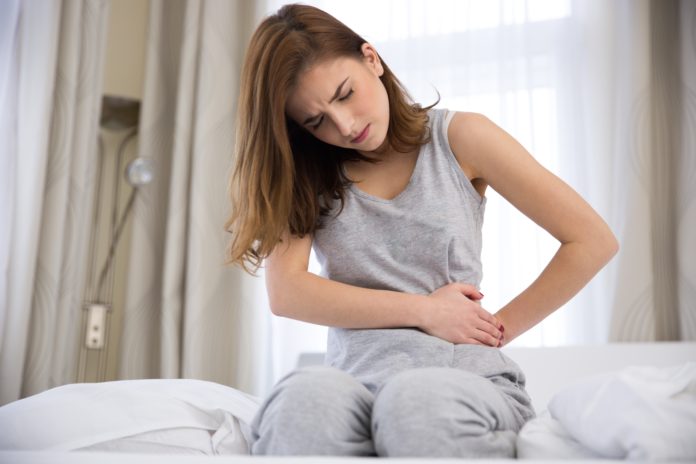In this era, 4 out of 5 people are facing constipation; women are more caught in the claws of this problem. Constipation is mainly considered to be less movement of the bowel, but it is much more complicated than this. Constipation can become more severe if it is not given enough attention. That is why we are going to understand what constipation is. What are the causes, and how can we treat them with natural remedies?
What is constipation?
In common, constipation means the difficulty of passing out stool from your anal area. If you are having fewer than three pops in a week, then you are developing constipation. If you consider that your stool is like a hard rock or a pebble, then these are the symptoms of constipation. You can also feel the incomplete emptiness of pop. Do not think that if you have pop daily but you can not have constipation, then this consideration is also wrong. Daily pop doesn’t mean that you are constipation-free.
What are the symptoms of constipation?
Constipation has many different symptoms, which are given below:
- Having less than 3 times a week bowel movement
- Facing straining while popping
- Feeling incomplete emptiness of bowel after a bowel movement
- Stomach ache and pain
- Bloating and nausea
- Rock-hard stool
What are the causes of constipation?
Constipation is not a simple and straight problem; it is a complicated and long-lasting problem that can make you feel unending pain. Many different reasons can cause constipation, including:
Diet
Diet is the most crucial part to take seriously for your stomach and gut system. If you are not eating good food, then you can face constipation problems. Less fiber in food and less lubrication are the leading causes of constipation.
Irritable bowel syndrome
IBS is a bowel problem which is caused by many different reasons. Constipation and diarrhea are the main symptoms of irritable bowel syndrome. In its treatment, supplements and good-quality food are used.
Celiac disease
It is the inability to tolerate gluten; your body gives an autoimmune response to gluten when it is consumed. Celiac disease has several causes and effects, which are the results of different effects. Gluten-free food is recommended to treat celiac disease.
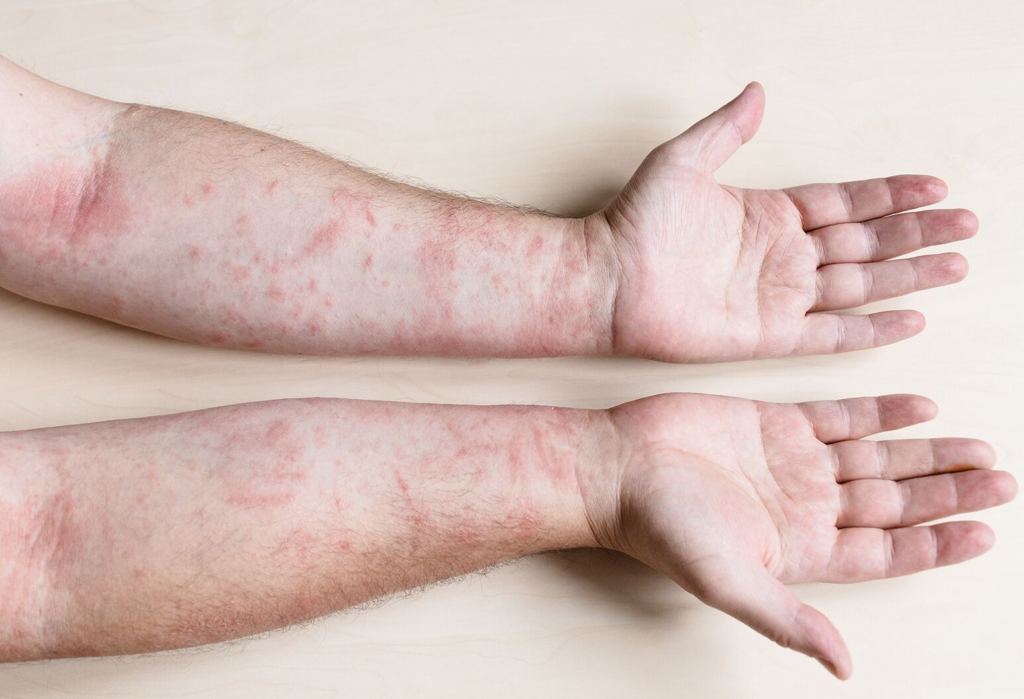
Dehydration
Water is the most essential ingredient in maintaining the body’s overall system. If you are dehydrated, it can lead to constipation. The water in your body increases lubrication and makes defecation easier. To avoid constipation, consume water and stay hydrated.

Stress
Stress causes hormonal changes in the body, leading to changes in gut hormones and ultimately resulting in constipation. Stress, most importantly, triggers those who are facing gastrointestinal problems.

Constipation Complications
As we have already discussed, constipation is a complicated problem and can lead to fetal conditions if not checked on time.
- Hemorrhoids
Hemorrhoids are the swelling of veins and rectum, also known as piles. It is caused by a high strain in popping.
- Anal fissure
The problem in which the veins and tissues around the anal part of your body begin to tear is known as anal fissure. This anal fissure can lead to anal bleeding, usually at the time of bowel movements.
- Rectal Prolapse
This is the most severe and dangerous, leading to complications. In rectal prolapse, a tiny part of your intestine comes out of your anal opening.
Treatments of constipation
Focus on fiber intake
Fibers are essential for our gut system and are famous for playing a hydration and lubrication role in our body. It is said that fibers do not digest but stay in our intestines and store water, preventing constipation by fulfilling the water requirement for feces. You should see a high-fiber food chart for constipation to eat things with good fiber quantity in them.

Physical activity
Physical activity is crucial to helping us with our digestion and excretion. If you are facing a digestion or constipation problem, you should try physical activities like exercising and yoga.

Drink More Water
As we have already discussed, water is the most essential ingredient for our body. Almost all functions of our body require an aqueous medium. Less water in our body can lead to constipation, and an extra amount of water in our body can lead to diarrhea. Thus, maintaining the amount of water used is the best option.

Try stool softeners
Laxatives or stool softeners can help with both constipation and stool softening. If you are facing constipation or difficulty defecating, you should try laxatives or softeners.
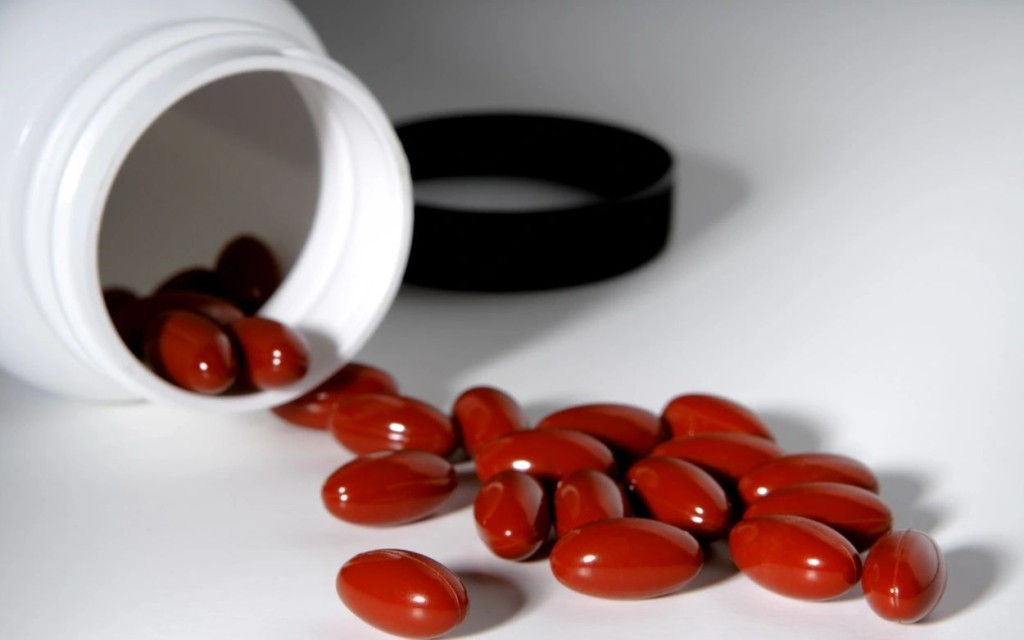
Foods to eat when constipated
Foods are the natural remedy for constipation; thus, one should focus on choosing good food for constipation.
1. Olives
Olives are a great source of fiber and have a lot of lubrication. Olives help us digest our food and save us from constipation. Olives protect us against heart disease and diabetes. They help us with weight loss and give us the energy to survive.
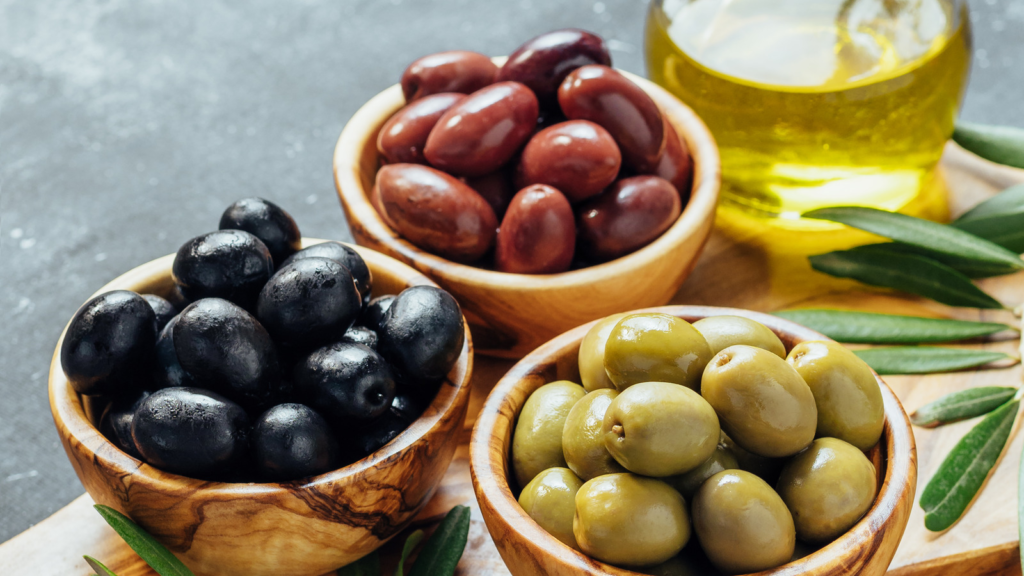
2. Yogurt
The mighty yogurt is an excellent source of probiotics, which can make you constipation-free. As we know, some gut health bacteria are working to improve our gut health, and those bacteria are present in yogurt.
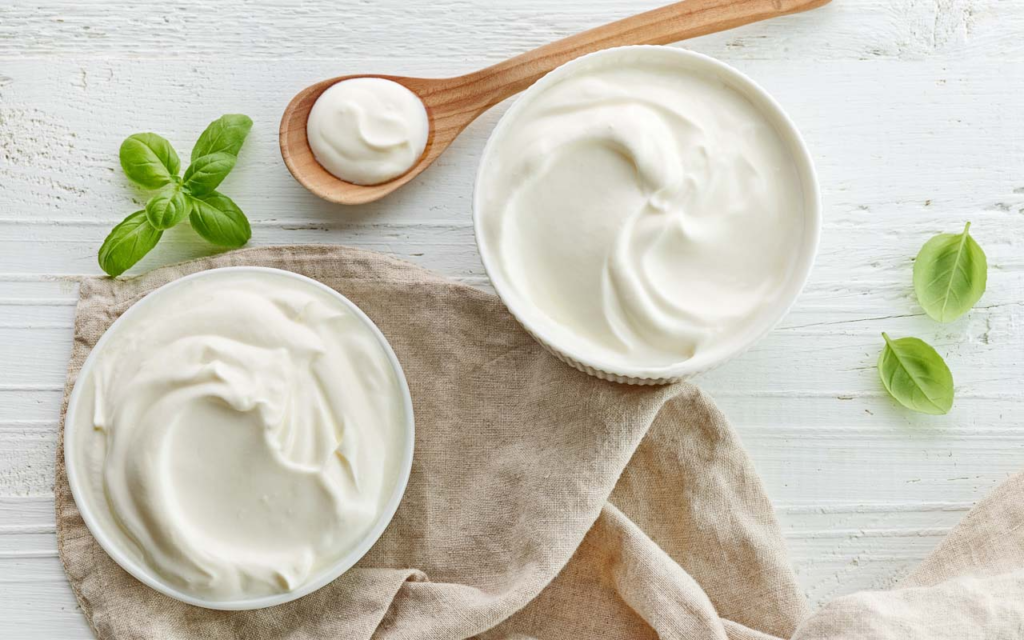
3. Broccoli
Any vegetable with high fiber is good for gut health and constipation. In the list of high-fiber vegetables, broccoli comes in at 5th, so it is essential to keep broccoli in your diet.
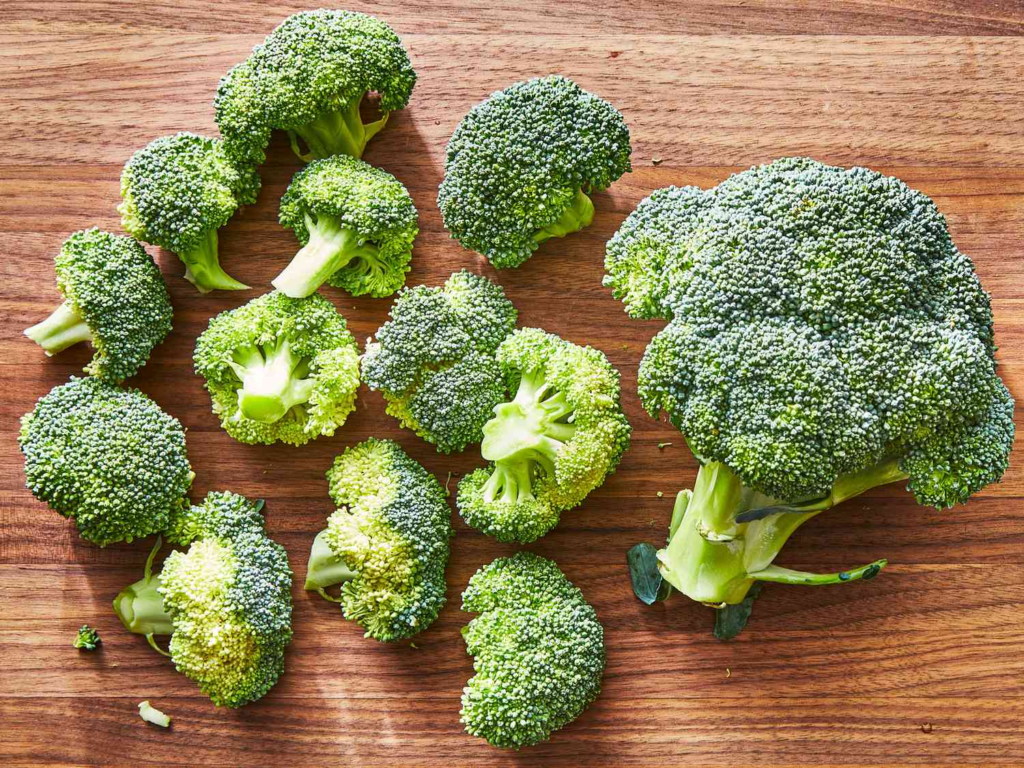
4. Pulses
Pulses are also a great source of fiber and effectively help with constipation and digestion. Beans, peas, and legumes are the best pulses and have almost as many laxatives. Add pulses to your diet routine if you are facing constipation or digestion issues.
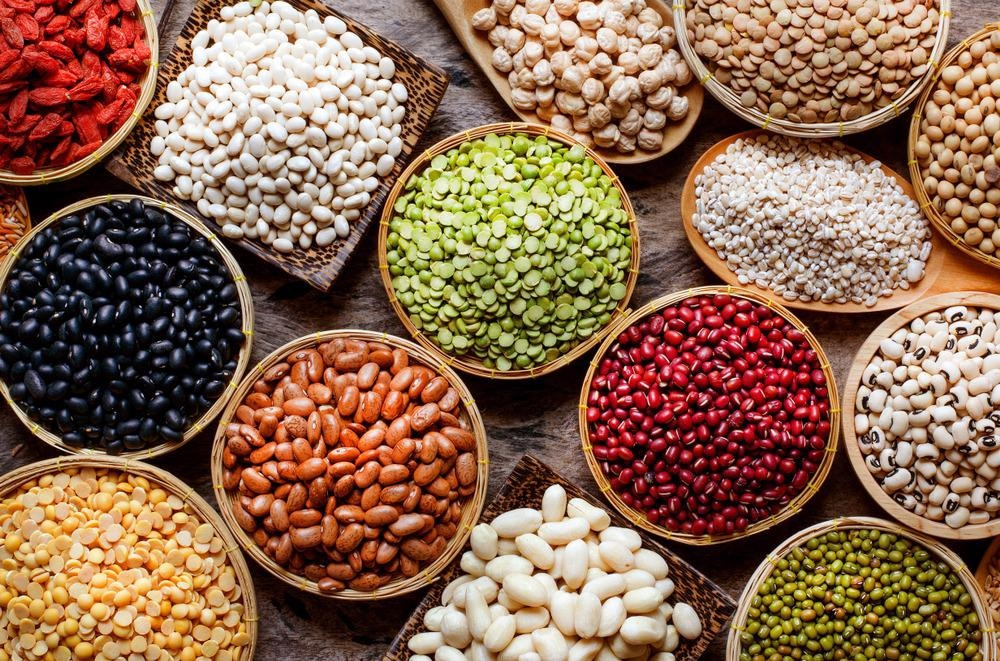
5. High-fiber fruits
Here are some fruits that can help with constipation:
- Kiwifruit is rich in fiber and an enzyme that aids digestion.
- Apples and pears are high in water content to ease passage.
- Grapes with fiber and water soften stools.
- Blackberries and raspberries are another fiber and water combo for relief.
You can also try prunes packed with fiber, sorbitol, and other beneficial compounds.
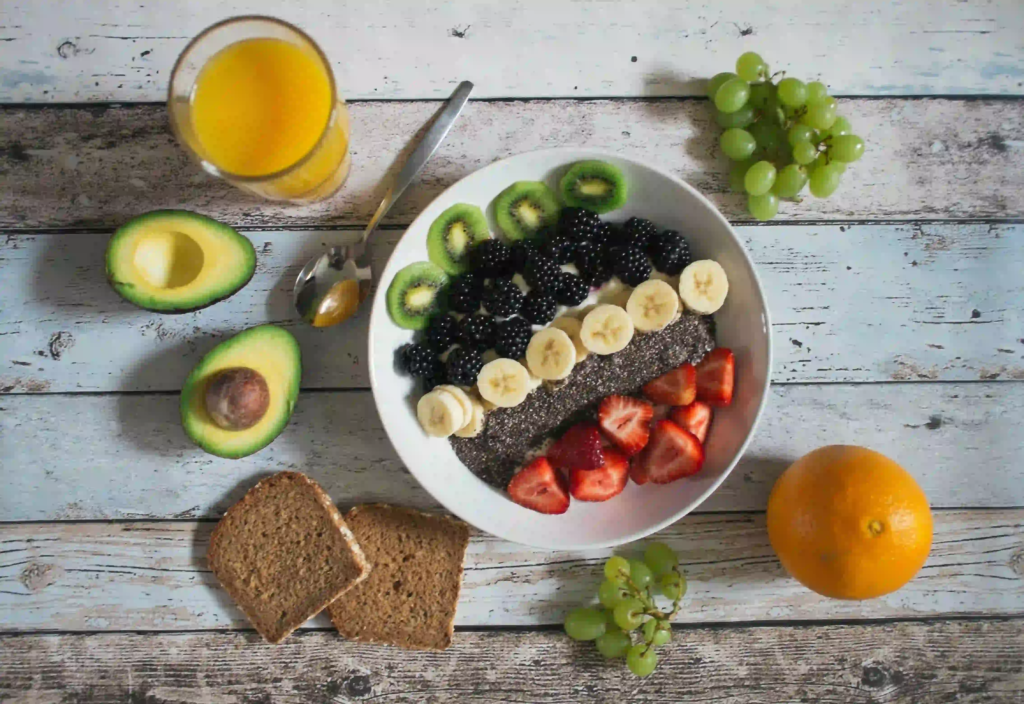
FAQs
When Should I See a Doctor About Constipation?
If you are facing constipation and taking a high amount of fiber and following all-natural remedies to prevent it, there are no good results. Your constipation can be characterized as chronic constipation, so you should see a doctor and consult about your problem.

Can constipation cause fever?
Constipation and fever can co-occur, but constipation does not cause fever. However, fever can cause constipation, indigestion, appendicitis, or a gut illness.
Can stress cause constipation?
As we have already discussed, stress affects our bodies differently and can lead to different changes. Stress can cause constipation in various ways. The most significant is that it controls hormones, directly affects the gut, and results in constipation.
Constipation before period?
Right before your period, progesterone levels rise in your body. While necessary for pregnancy preparation, this hormone can slow your digestion. The slower things move through your intestines, the more likely you are to experience constipation around this time.

